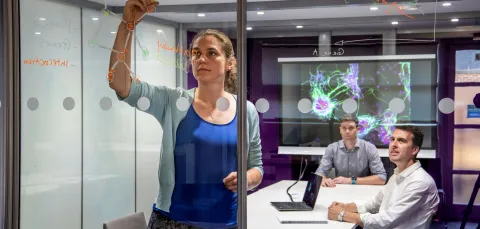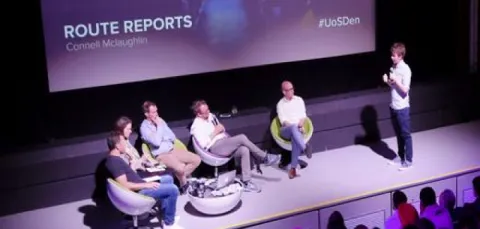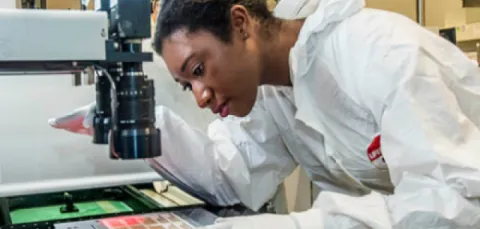Join one of the world's top research universities

Collaborating across disciplines, we tackle today’s global challenges alongside industry, government, and research institutions.

Collaborating across disciplines, we tackle today’s global challenges alongside industry, government, and research institutions.

Source: REF 2021
Source: REF 2021




